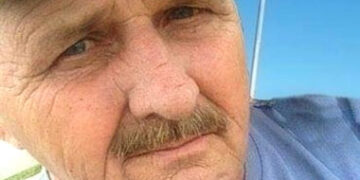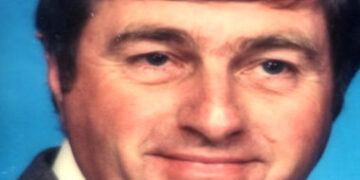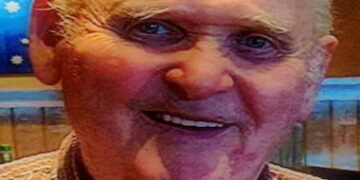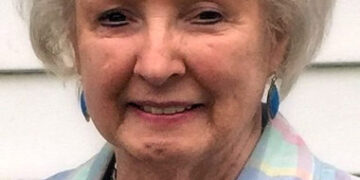Ohio Governor Mike DeWine announced a BIG change to the COVID quarantine rules for the classroom today. Previously, kids and teachers exposed to a COVID-positive classmate in the schoolroom were required to quarantine for two weeks. Now, Governor DeWine says that’s not necessary.
DeWine said the state decided to study the transmission rates for COVID among school kids and came up with some startling findings. “Preliminary results from the Ohio Schools COVID-19 Evaluation Team found if students in class are masked/distanced, they did not have an increased risk of catching the virus from a nearby positive student.” In fact, the Governor said studies show that most kids who get COVID are exposed to it at home.
That’s why the state made a big change in COVID guidance. “Because of the data we now have, we’re changing our guidance and are no longer recommending that students who have been exposed to another COVID+ student quarantine – as long as all students have been wearing masks and the exposure took place in a classroom setting.”
He emphasized that wearing a mask is a crucial component. And this change does not apply to kids exposed during extra-curricular activities. “Schools should continue to quarantine exposed students if masking/distancing protocols were not followed. This change doesn’t apply to after-school activities, including sports.”
DeWine said the change in Ohio classroom COVID quarantine rules is an important step towards getting more kids back in the classroom which he called “The safest place for them to be.” As an added precaution, he said teachers and other adults who work in schools would soon be offered the COVID-19 vaccination.
Curfew Extended
Governor DeWine said Ohio’s COVID infection rate is still way too high. The state reported over 8,000 new cases on Wednesday, bringing the total number of reported cases to 690, 748. He extended the 10 pm to 5 am curfew for another three weeks until January 23, 2021. “This is because we don’t yet know what effect the holidays may have on our hospitals and health care systems, so we must continue to be cautious.”
He reminded Ohioans the curfew does not apply to people going to or from work, seeking medical care, buying groceries, or picking up to-go food.























































































